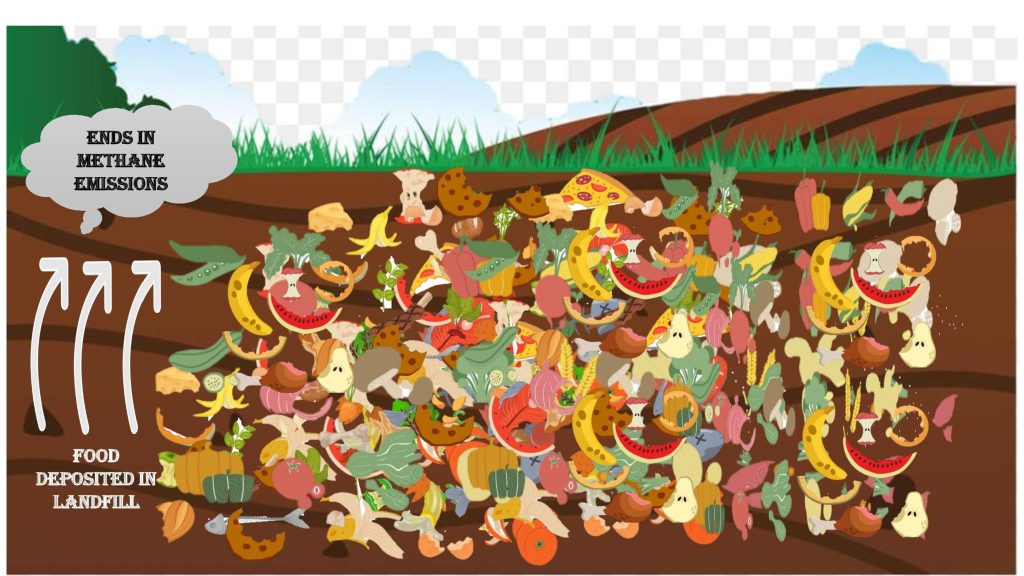What is food waste/loss?
Food waste is generally defined as the food that is intended for consumption but discarded by the human activities. When these foods are deposited and degraded in land, it leads to various environmental impacts and affects biodiversity. Food is lost or wasted in all stages like production, processing, transportation, storage and consumption.
Impacts of food waste
Food waste is one of the most important universal problems that needs to be addressed sustainably. If the food is wasted, then the energy and resources used to produce them is also wasted. When these foods are deposited and degraded in land, it leads to various environmental impacts and affects biodiversity. According to the United Nations survey one third of all the food produced in the world is wasted unnecessarily. In Europe, almost 59 million tonnes of food are wasted every year and EU wastes more food than it imports.
The food waste in each stage has its own consequences to nature. During production, land and soil used for agriculture tends to lose its texture and leads to degradation. Also, it indirectly routes to water scarcity, because water footprint says that the use of natural water resources is high in agriculture. In addition, food wastage causes an enormous climatic impact, when the wasted food is allowed to degrade in the landfills decompose and produce methane which have about 23 times more warming power than carbon dioxide. If food waste were a country, then it would be the third largest emitting country of greenhouse gas in the world.

Actions of EU against food waste
The EU has set a target to halve per capita food waste at the retailer and consumer level by 2030 to achieving the global Sustainable Development Goal (SDG). Thus, reducing the consumer food waste will increase food security ensuring healthy life and stops hunger. Scientists are also trying to recycle this wasted food into useful solutions by innovative approaches (bioeconomy’s) which will help the environment free from GHG emissions. To successfully mitigate the food waste problem, each and every actor in the food chain such as farmers, processors, distributors, wholesalers, retailers, consumers, government, policy makers and scientists/innovators have significant roles to play.
BioLaMer project taken an innovative approach by converting the food waste into useful biopolymers and bioplastic products through a black soldier fly larvae route. For more details, read here https://cordis.europa.eu/project/id/101099487 and also keep an eye on the www.biolamerproject.eu website.


